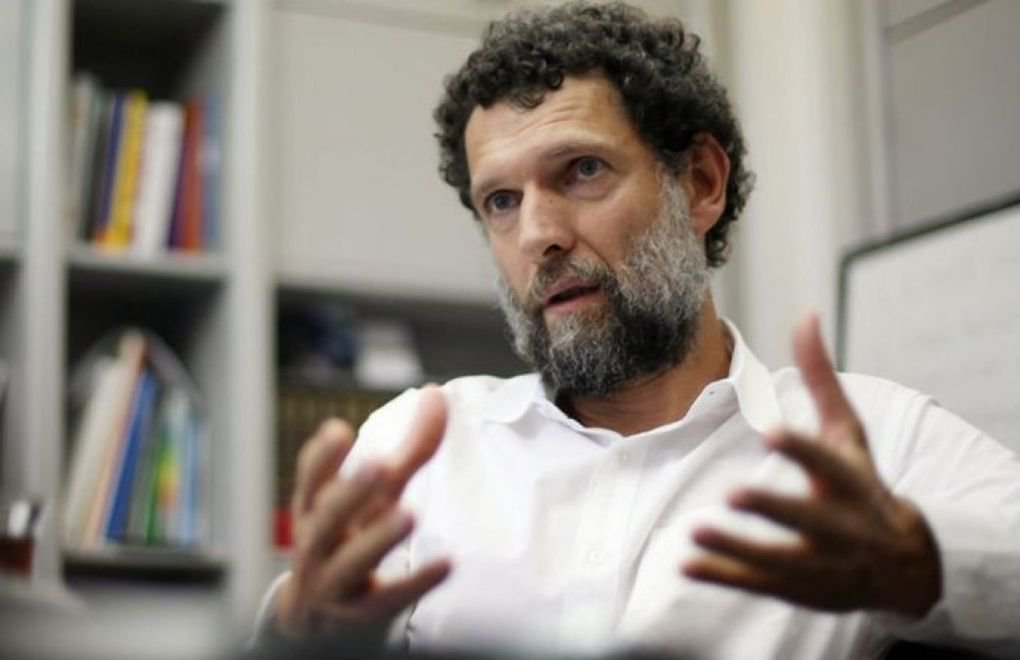The European Court of Human Rights’ (ECHR) findings in the case of Turkish philanthropist Osman Kavala “reveal pervasive problems regarding the independence and impartiality of the Turkish judiciary”, Council of Europe’s Committee of Ministers said in a statement released on Thursday.
The ministers said in a separate statement that Turkey had not submitted an action plan yet regarding Selahattin Demirtaş, and repeated the ECHR’s assessment that the Kurdish politician’s detention pursued an ulterior purpose to stifle pluralism and limit political debate.
As the former leader of Turkey’s second largest opposition bloc, the pro-Kurdish Peoples’ Democratic Party (HDP), Demirtaş ran in the 2018 presidential elections from his prison cell. Following his arrest in Nov. 2016, the Kurdish politician was unable to fulfill his duties as a member of parliament, which the ECHR ruled constituted a violation of the right to free elections.
The committee of ministers, which is responsible for the supervision of implementation of ECHR rulings, called for the immediate release of Kavala and Demirtaş, repeating an assessment by the top European court that both men’s detentions “took place in the absence of evidence to support a reasonable suspicion”.
The ministers “took note of the recent adoption of the new Human Rights Action Plan”, they said, referring to Turkish President Recep Tayyip Erdoğan’s March 2 pledge, and encouraged the implementation of reforms, expressing CoE’s readiness to provide assistance.
The situation of Kavala and Demirtaş, the former co-chair of Turkey’s second largest opposition bloc Peoples’ Democratic Party (HDP), will be examined in each meeting of the committee until they are released, the ministers said, as required by ECHR rulings on both men’s cases.
Nate Schenkkan, director for research strategy for the U.S.- based watchdog Freedom House, called the committee’s statement on Kavala “mealy-mouthed” in a tweet.
“Kavala should be released immediately as the very start of any credible human rights plan, not as a potential stage to one to be discussed in the future,” Schenkkan said.
The action plan announced by Erdoğan states that no one can be deprived of their freedom due to criticism and opinions, to which Erdoğan added a condition of “so long as people are respectful of the personal rights of others”. The Turkish president didn’t mention Kavala or Demirtaş by name in his speech.







































admin in: How the Muslim Brotherhood betrayed Saudi Arabia?
Great article with insight ...
https://www.viagrapascherfr.com/achat-sildenafil-pfizer-tarif/ in: Cross-region cooperation between anti-terrorism agencies needed
Hello there, just became aware of your blog through Google, and found ...